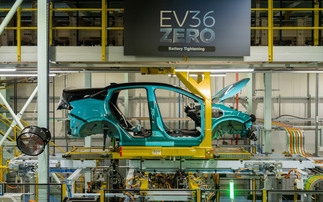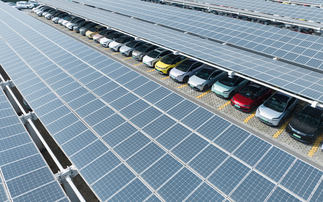Top tips on how to cut your carbon emissions - and your fuel bill
According to research carried out by Ward's in 2010, the number of cars owned globally is in excess of one billion. With so many cars the mind boggles at how the atmospheric pollution emitted by these...
To continue reading this article...
Join BusinessGreen
In just a few clicks you can start your free BusinessGreen Lite membership for 12 months, providing you access to:
- Three complimentary articles per month covering the latest real-time news, analysis, and opinion from Europe’s leading source of information on the Green economy and business
- Receive important and breaking news stories via our daily news alert
- Our weekly newsletter with the best of the week’s green business news and analysis








